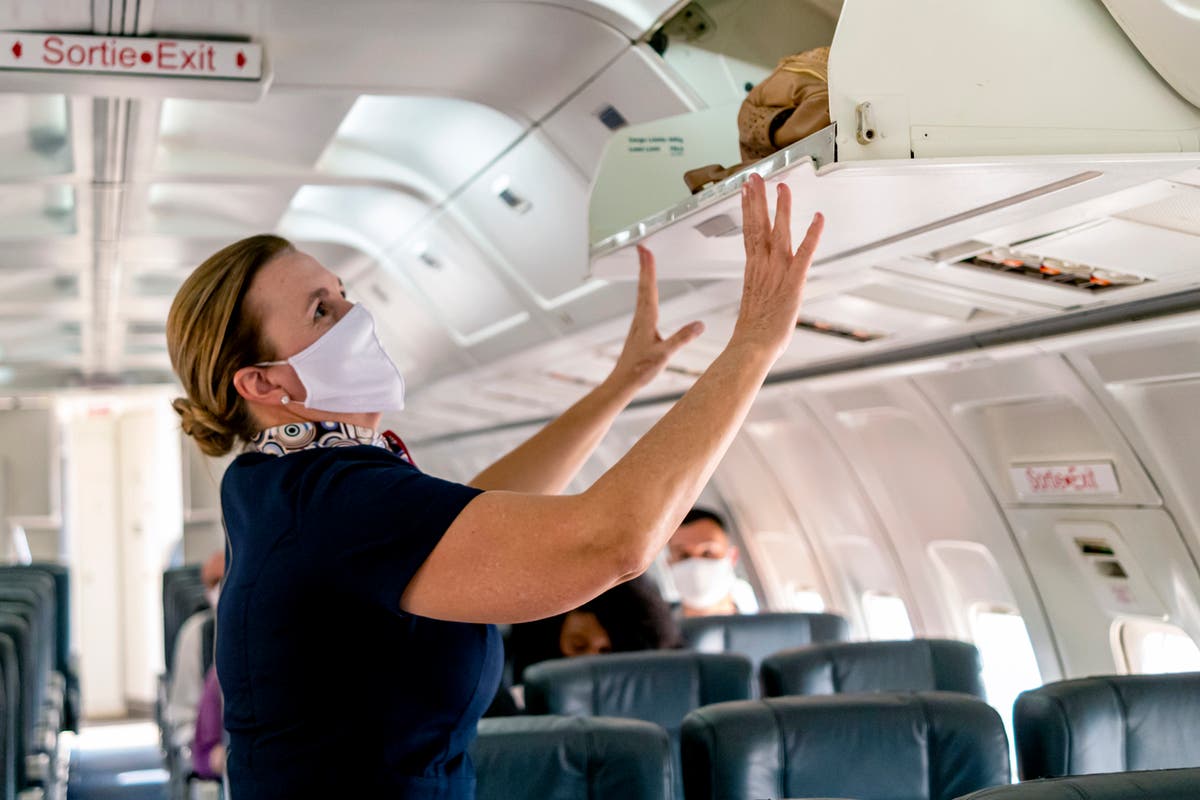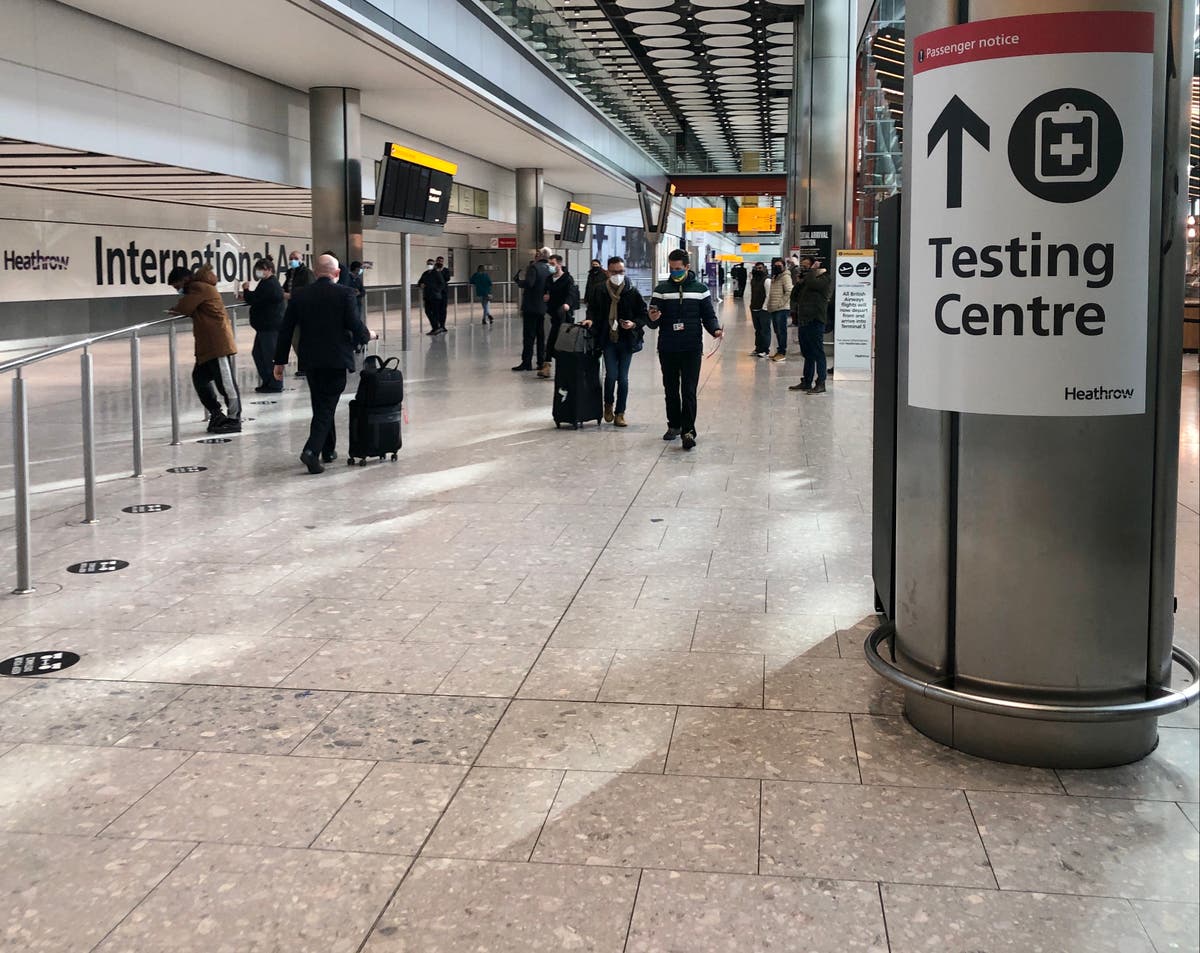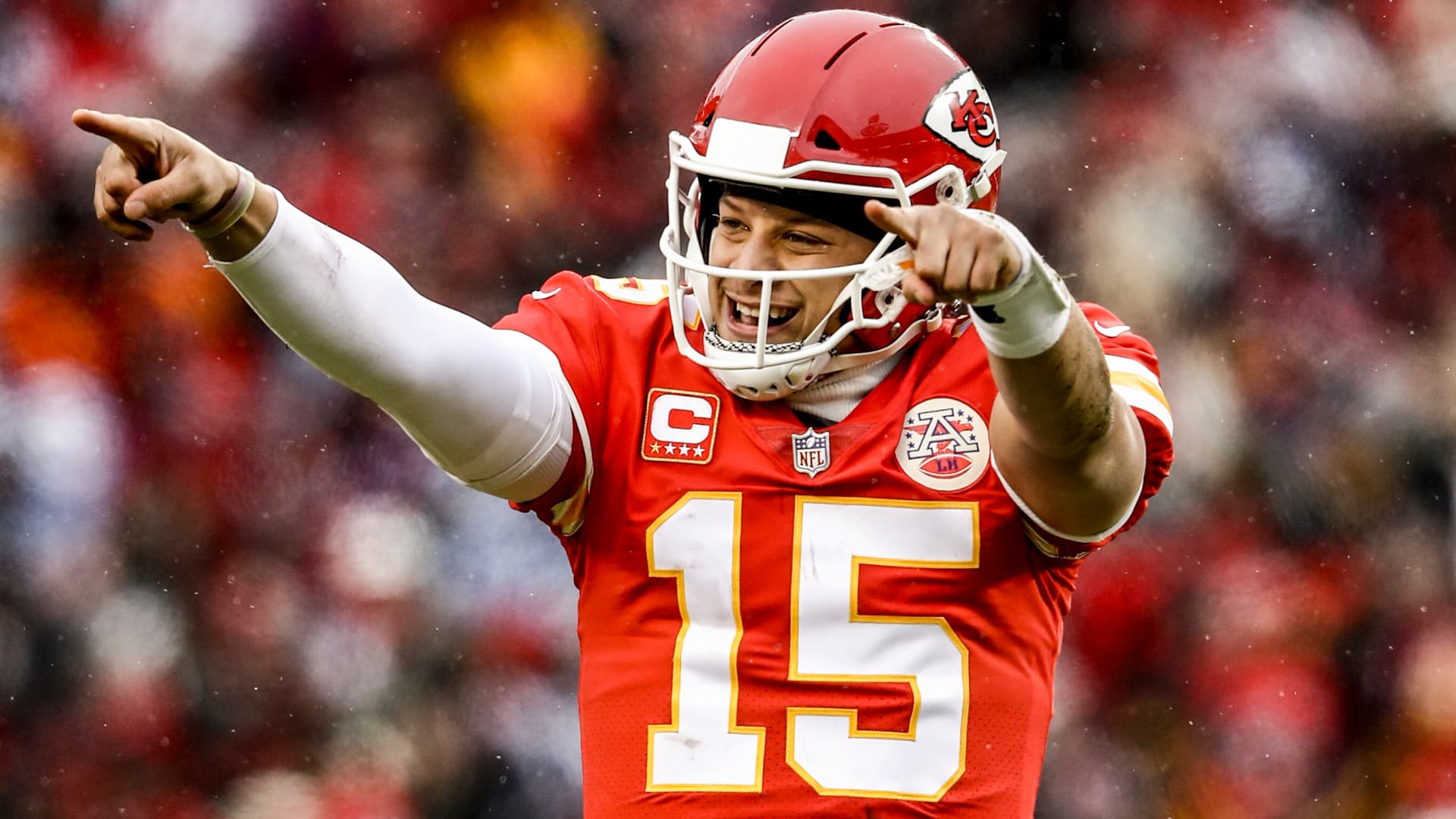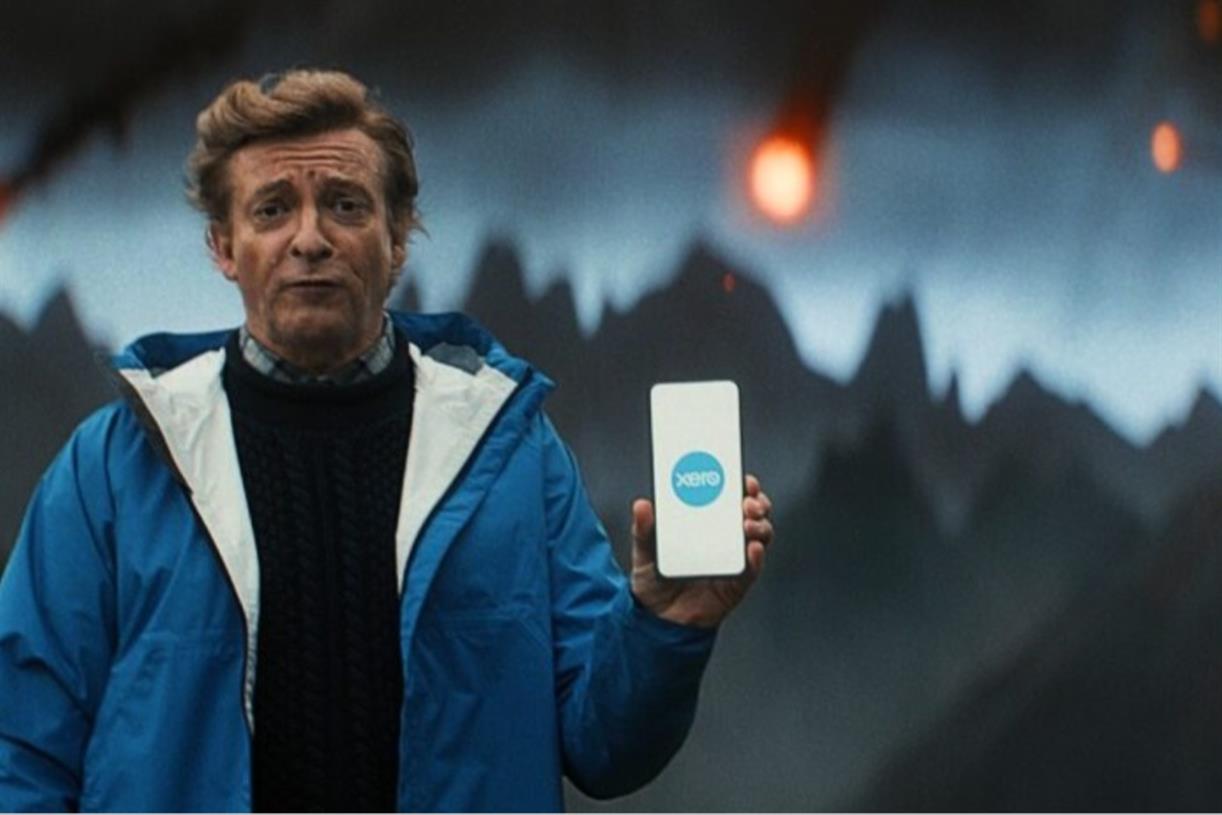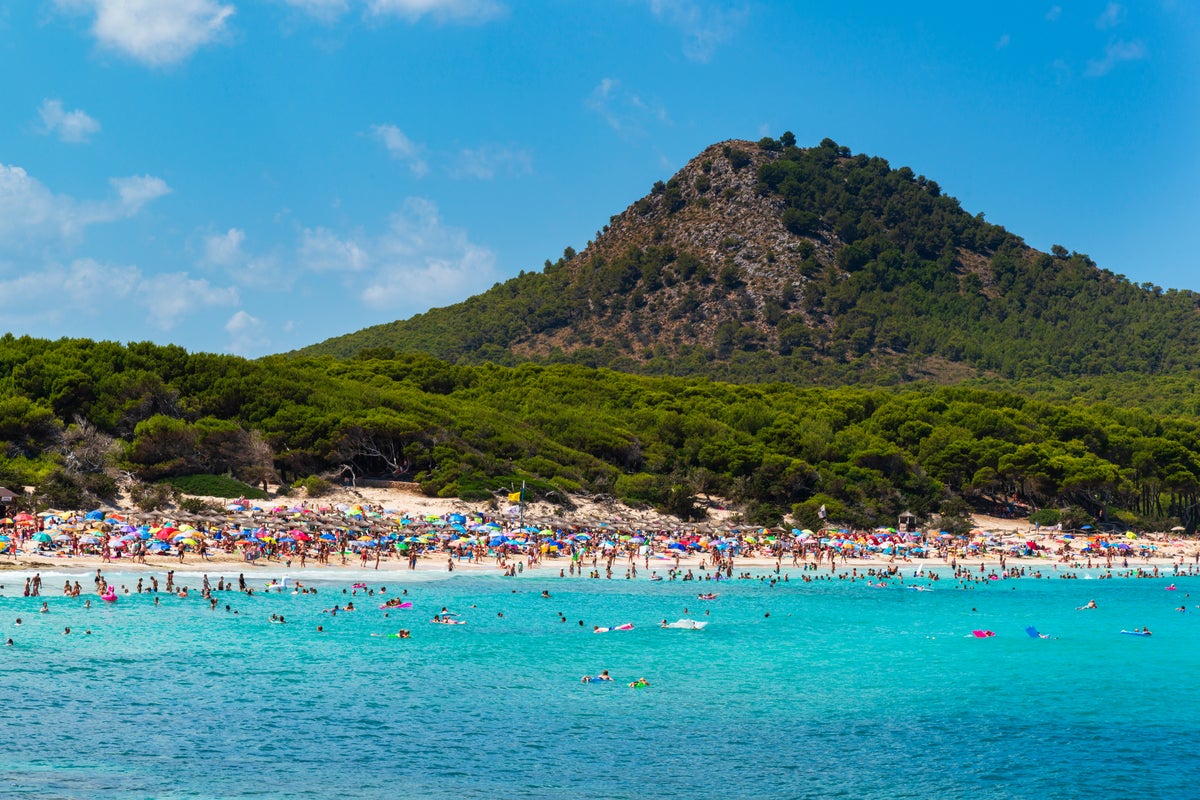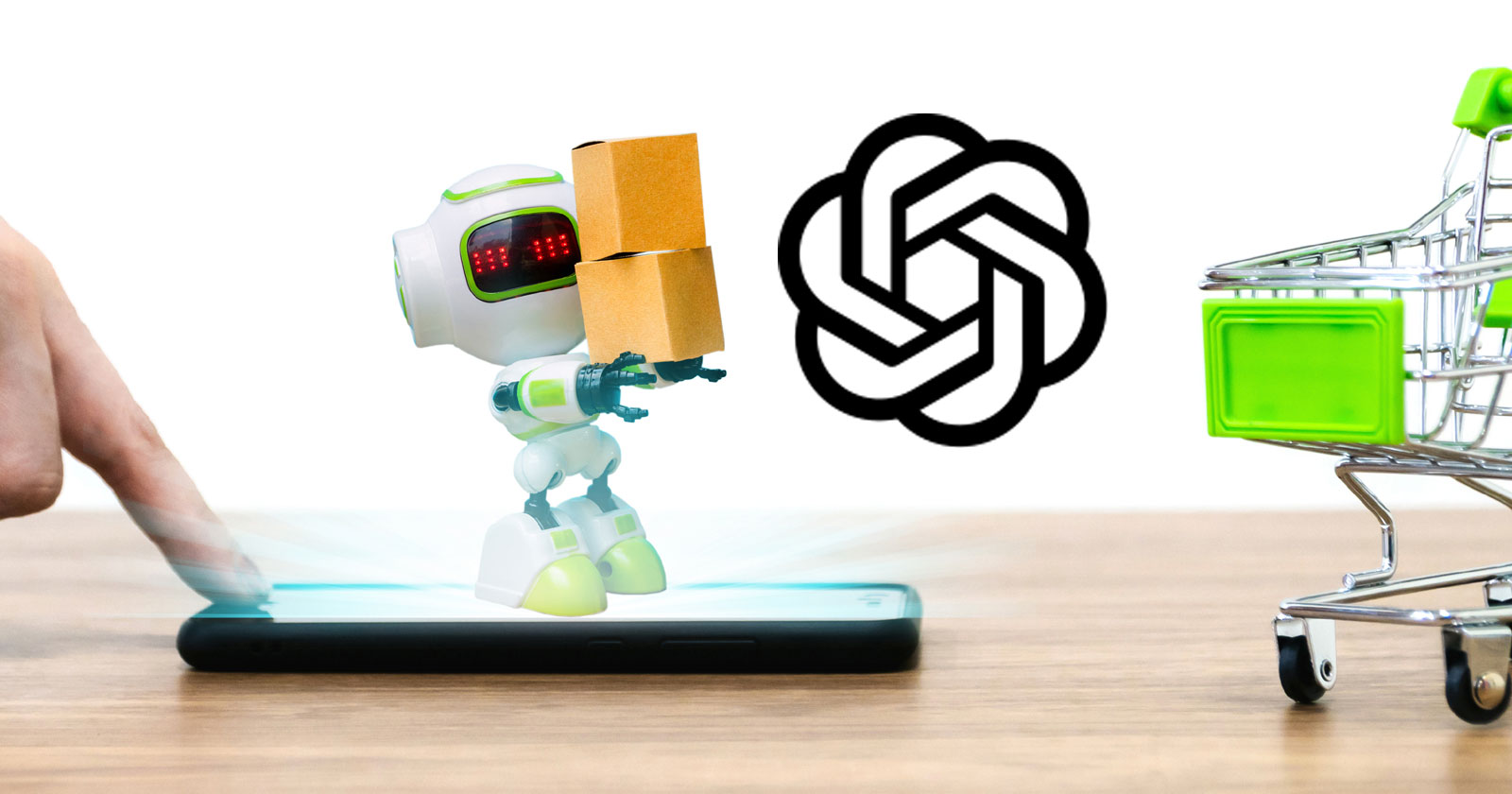Waiting to Drink Your Coffee Until Mid-morning Is a Useless 'Hack'
It’s time to retire this myth once and for all.


Credit: Nicoleta Ionescu/Shutterstock
When is the best time in the morning to have some caffeine? If you never thought about it much, you probably drink your coffee as soon as you can. On the other hand, if you’re always looking for ways to optimize your life (maybe we’d even say hack it), you may have heard the advice to wait until mid-morning. Good news: you can ditch this supposed hack. There’s no need to delay your morning caffeine. Drink it when you want it.
We’re even guilty of promoting this hack: in 2013, we shared a blog post from a neuroscience PhD student who argued that 9:30 to 11:30 a.m. is the perfect coffee-drinking window. Since then, delaying morning caffeine has become a talking point for biohacking podcasters, TikTok yoga/hormone coaches, and other influencers of questionable credibility.
Meanwhile, actual scientists have been looking at these caffeine-delaying tips, and they have thoughts they’d like to share. In March, a group of sports scientists published a refutation of common myths about caffeine, and they included a section on claims that mid-morning coffee is healthier or more effective than early morning coffee. Spoiler: the arguments don’t pan out. Most people will probably fare best drinking their caffeine first thing in the morning if that’s when they feel tired.
The cortisol myth
Cortisol is a hormone that our body uses to deal with a variety of stresses (good and bad). Don’t believe the influencers who try to convince you that all your problems in life are due to cortisol imbalances; most of the time your cortisol fluctuations are happening for a good reason, and you don’t need to worry about them.
So where does caffeine come in? Well, there is some evidence that caffeine can increase cortisol levels in our body. Anti-cortisol influencers try to tell us that cortisol spikes are always bad (not true) and that delaying caffeine until late morning will keep our cortisol lower overall (not really supported by the research).
As the authors of the myth-busting paper point out, this effect on cortisol isn’t limited to early morning; if you delay caffeine, you wouldn’t be avoiding the spike, just delaying it. And if you’re in the habit of having caffeine every morning, evidence shows that cortisol response gets smaller over time, and may not happen at all in people who are used to drinking higher amounts of caffeine (like 300 milligrams per day or more).
A more reasonable argument—which that student made in our 2013 post—is that we get a cortisol spike for free every morning, and that can contribute to alertness. So if we’re getting a cortisol boost for free, why bother adding caffeine on top? This isn’t a reason you should avoid caffeine in the morning, just an option that you have if you’re one of those weirdos who hops out of bed full of energy in the morning. (P.S. I hate you.)
The adenosine myth
Another version of this myth has to do with adenosine. Adenosine is a neurotransmitter, a chemical that brain cells use to communicate with each other. Adenosine builds up in our brains over the course of the day, and is part of what causes us to feel sleepy. Caffeine blocks adenosine, and that’s the simplified version of why caffeine helps us stay awake.
One of the reasons sometimes given for delaying caffeine is that when we first wake up, adenosine is low and declining. Therefore, there would be no need to block it. But this isn’t true; adenosine actually increases around the time we wake up. The myth-busting scientists sum this up scathingly: “In light of this pattern, any suggestion that adenosine levels are continuing to decline upon waking demonstrates a lack of understanding of the sleep-wake cycle influence on adenosine and would form a poor basis for recommending delayed caffeine intake.”
The myth of the afternoon “crash”
What about the idea that delaying caffeine intake will reduce your chances of a mid-afternoon energy crash? That argument has never sat right with me, since so many other things are likely contributing to that feeling (like a carb coma from lunch, or simply the fact that you’ve been sitting at your desk for so dang long and may be feeling a bit burned out).
The sports scientists have thoughts on this, too. They point out research that shows habitual caffeine use isn’t linked to any kind of daytime “crash.” They also point out that if this were a real concern, you could just have a bit more caffeine to counteract it. And if you delayed your morning coffee, you might find yourself needing that second dose later in the day than if you had started caffeinating first thing in the morning. Late afternoon doses could end up messing with your sleep, so if you’re concerned about your sleep schedule, it makes sense to have your caffeine earlier rather than later.
The bottom line: have your coffee whenever you want
With all of this in mind, there’s no need to delay your morning coffee (or energy drink or charged lemonade or whatever people are caffeinating with these days). That said, I want to be clear that I support you no matter when you’d like to drink your coffee. If you actually find that your days go better when you drink your first coffee at 10 a.m., great, I’m not here to stop you. But if you’re bleary-eyed at 7 a.m. and white-knuckling it until Andrew Huberman or your favorite TikTok healthfluencer says it’s time: just drink the coffee already.

 Hollif
Hollif 







